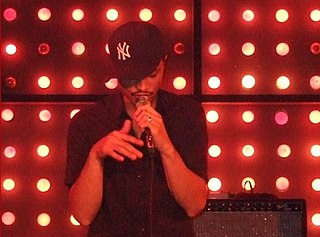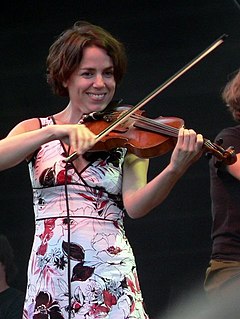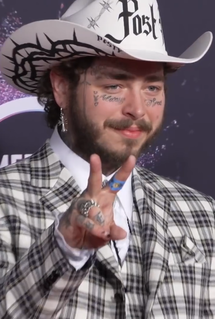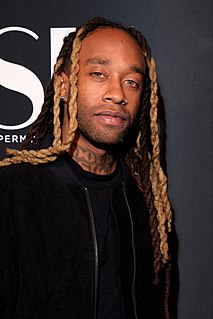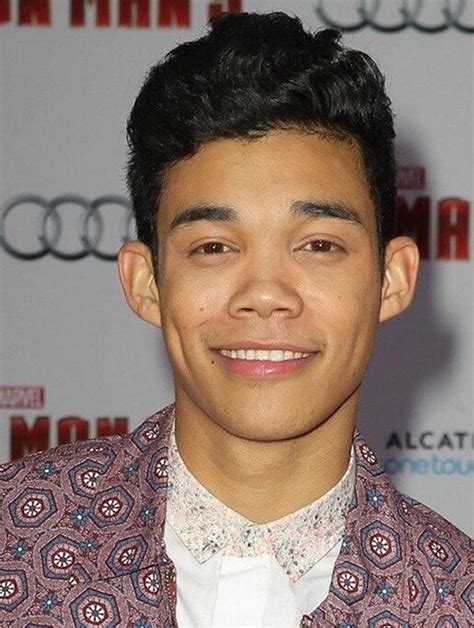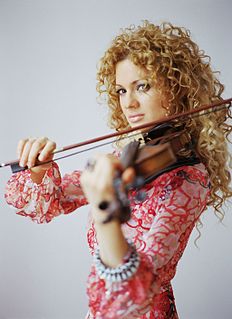A Quote by Adrian Younge
Like with me, like around '97, for Christmas my parents bought me an MPC 2000 sampler and a little eight-track cassette recorder. And I started sampling records and, you know, producing hip-hop beats. And it got to the point where I realized - I innately realized that the music I liked the most was made by people that played instruments.
Related Quotes
I always say to people that I left hip-hop in '97, meaning that I departed from listening to predominately hip-hop and just started really getting into records from the late '60s, early '70s. And once I made that change, I realized how much great music was made back in the day, and it started to become apparent how much we've lost in music.
I got a new 4-track cassette recorder a year or so after high school. For a while I would just stare at it thinking, how am I going to do this if I don't play guitar or keyboards? How am I going to write and record a song if I don't know how to play any instruments? I mean, I played the violin, but I didn't know anything about how to work a 4-track.
I started making music... I guess I was 12, and I started playing 'Guitar Hero.' And you know, it got to a point where on expert, you can only exceed to a certain point. And so, you know, I was like, 'Let's play real guitar. Let's not waste more time.' So, I got my mom, I told her to buy me a guitar for Christmas, and I started making music then.
I've got all of the old school vinyls from the '70s - even further back, like the jazz music in the '40s, '50s, '60s. Then I've got all the '80s stuff underground, hip-hop when hip-hop really first started. The '90s stuff. All of the good stuff, because I'm really into music, and it helps me create new songs now.
Hip-hop kind of absorbed rock in terms of the attitude and the whole point of why rock was important music. Young people felt like rock music was theirs, from Elvis to the Beatles to the Ramones to Nirvana. This was theirs; it wasn't their parents'. I think hip-hop became the musical style that embraces that mentality.


